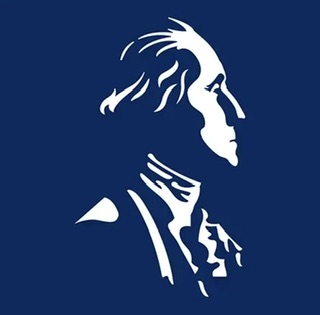
It will be forever known as the Newburg Address. President Washington gave an emotional speech to his officers on March 15, 1783.
In light of the increasing political division in the United States of America and Social Security, Medicare apparently being spared in the current debt limit negotiations, City Images is reminding all Americans of POTUS' important words. President George Washington, standing on the balcony of Federal Hall on Wall Street in New York, took his oath of office as the first President of the United States. “As the first of everything, in our situation will serve to establish a Precedent,” he wrote James Madison, “it is devoutly wished on my part, that these precedents may be fixed on true principles.”
Responding to an anonymous petition which encouraged officers to protest if Congress did not provide the promised pay and pensions, Washington told his troops that the petition had some valid points and that he supported his officers, but the author’s proposed solution of mutiny was not the answer. Washington supported the freedom to express their opinions and used this very petition to remind his troops what they were fighting for – their freedom.
From George Washington to Officers of the Army, 15 March 1783
"For if Men are to be precluded from offering their Sentiments on a matter, which may involve the most serious and alarming consequences, that can invite the consideration of Mankind, the reason is of no use to us; the freedom of Speech may be taken away, and, dumb and silent we may be led, like sheep, to the Slaughter."
240 years ago... ADDRESS TO THE OFFICERS OF THE ARMY | SATURDAY, MARCH 15, 1783
POTUS George Washington helped shape the office's future role and powers, as well as set both formal and informal precedents for future presidents. Washington believed it was necessary to strike a delicate balance between making the presidency powerful enough to function effectively in a national government and avoiding any image of establishing a monarchy or dictatorship. In the process, President Washington significantly influenced the path of the presidency moving forward, setting standards in all aspects, including political power, military practice, and economic policy.